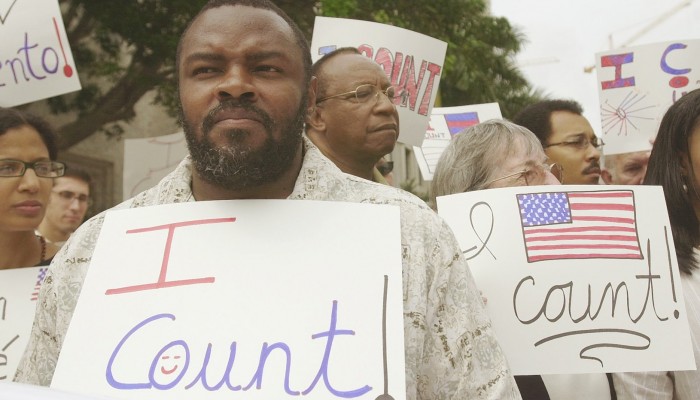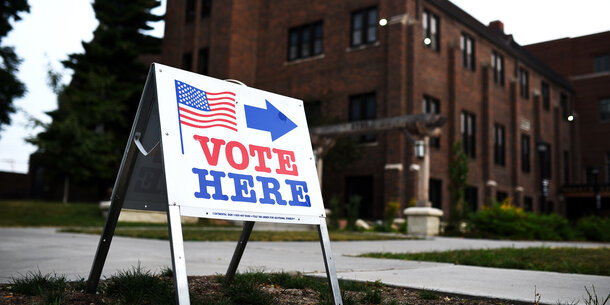Millions of Americans are excluded from our democratic process on the basis of criminal disenfranchisement laws. These laws strip voting rights from people with past criminal convictions, and they vary widely between states. Twenty-five states bar community members from voting, simply on the basis of convictions in their past. Navigating this patchwork of state laws can be exceedingly difficult, especially because election officials often misunderstand their own states’ laws.
In the map below, click on any state for a summary of its current laws on criminal disenfranchisement. States have a range of policies as to whether citizens with pending legal financial obligations relating to their convictions are eligible to vote, and also as to whether, and under what circumstances, misdemeanors are disenfranchising. These policies are not reflected in this map.







